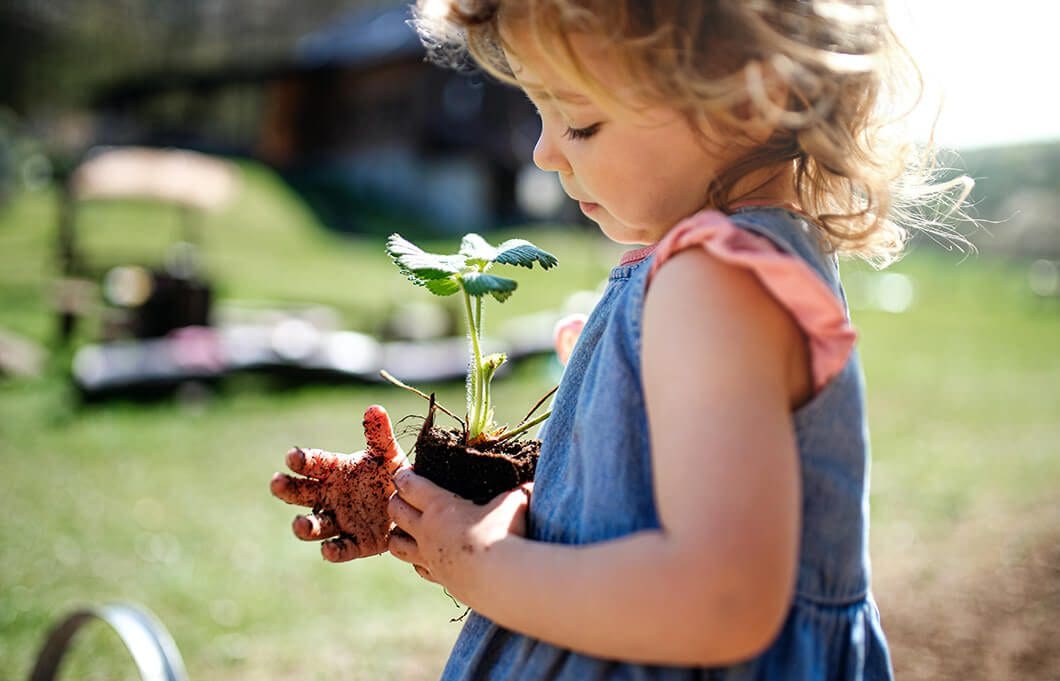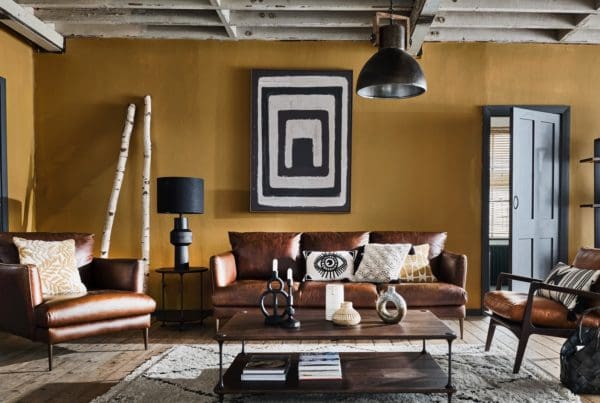The last few years have seen a number of major behavioural shifts – not least as shoppers and as consumers. Firstly, the pandemic has had a huge impact on the way we shop, including how and what we purchase.
Now, a looming economic crisis with a hike in living costs, the need for greater self-sufficiency and cost saving initiatives has emerged with a vengeance. Yet, despite all this, sustainability remains firmly on the agenda and, more than ever, is influencing consumer behaviour and brand choice.
The effects of hybrid and remote working
Fuelled by the shift to hybrid and remote working, more of us are spending more time at home. As a result, we use more water (in the UK, an extra 10 litres a day per person in 2021), produce more food waste and – particularly in the cold winter months – will require significant amounts of energy to run and heat our homes.
So, it’s no surprise that consumers are now searching for brands that acknowledge these problems, share the same values as them and are trying to mitigate their environmental impact. For many brands this is under the guise of new product innovations and services – not just public pledges to simply do better.
What the data shows
In a global survey conducted by IBM it was discovered that 57% of consumers are willing to change their purchasing habits to help reduce environmental impact.
In response to this, many brands are now looking inwardly – not just talking about the time and resource they are putting into sustainability, but giving customers real-world proof of their actions. And in doing so, avoiding accusations of greenwashing.
According to an international ‘Voice of the Industry’ survey conducted by Euromonitor in 2022, 85% of companies defined sustainability as reducing the impact on the environment and, for consumers, reducing plastic waste (56%), followed by waste reduction (56%) and recycling (53%), was top of mind for them.
For some of our clients, we are seeing this trend more and, specifically, in relation to NPD. This falls in line with the results of a sustainable investments survey from Euromonitor predicting that, within businesses over the next five years, 80% of investment will be spent on greener products.
Working with Franke Home Solutions
Franke Home Solutions is no exception, with two recent product launches, where our remit was to not only push functionality but emphasise the energy saving and eco credentials through creative copy and visual association. Franke’s Vital Capsule System was initially launched in 2018 with a focus on how effectively it filters contaminants out of tap water. However, One Brand Magic reframed this proposition for 2022, based on research which identified that, in many territories, bottled water was preferred over drinking water from the tap, due to taste and health concerns.
Leading with this insight, we were also able to highlight the extra benefit – the more you drink from the filter system, the less waste (i.e. fewer plastic bottles) you are putting back into the environment.
Check out the case study here.
The second launch was for Franke’s Active Taps Range – a collection of stylish taps that has more to offer than just great looks. Inspiring on the outside, innovative on the inside, Active Taps have been created to do everything you need them to do – just with less water. The secret to this performance is the environmentally friendly ECO cartridge, which is designed to limit both the flow and temperature of the water.
It’s clear that sustainability should be much more than a strategy to maintain consumer relevance and that developing sustainable products is just the start. The key is demonstrating a genuine, brand-led, purpose-driven approach that can be transformed into a competitive advantage.
If you’d like to talk to us about your particular brand challenges, please get in touch.
References:
Statista.com
IBM.com
Euromonitor.com




